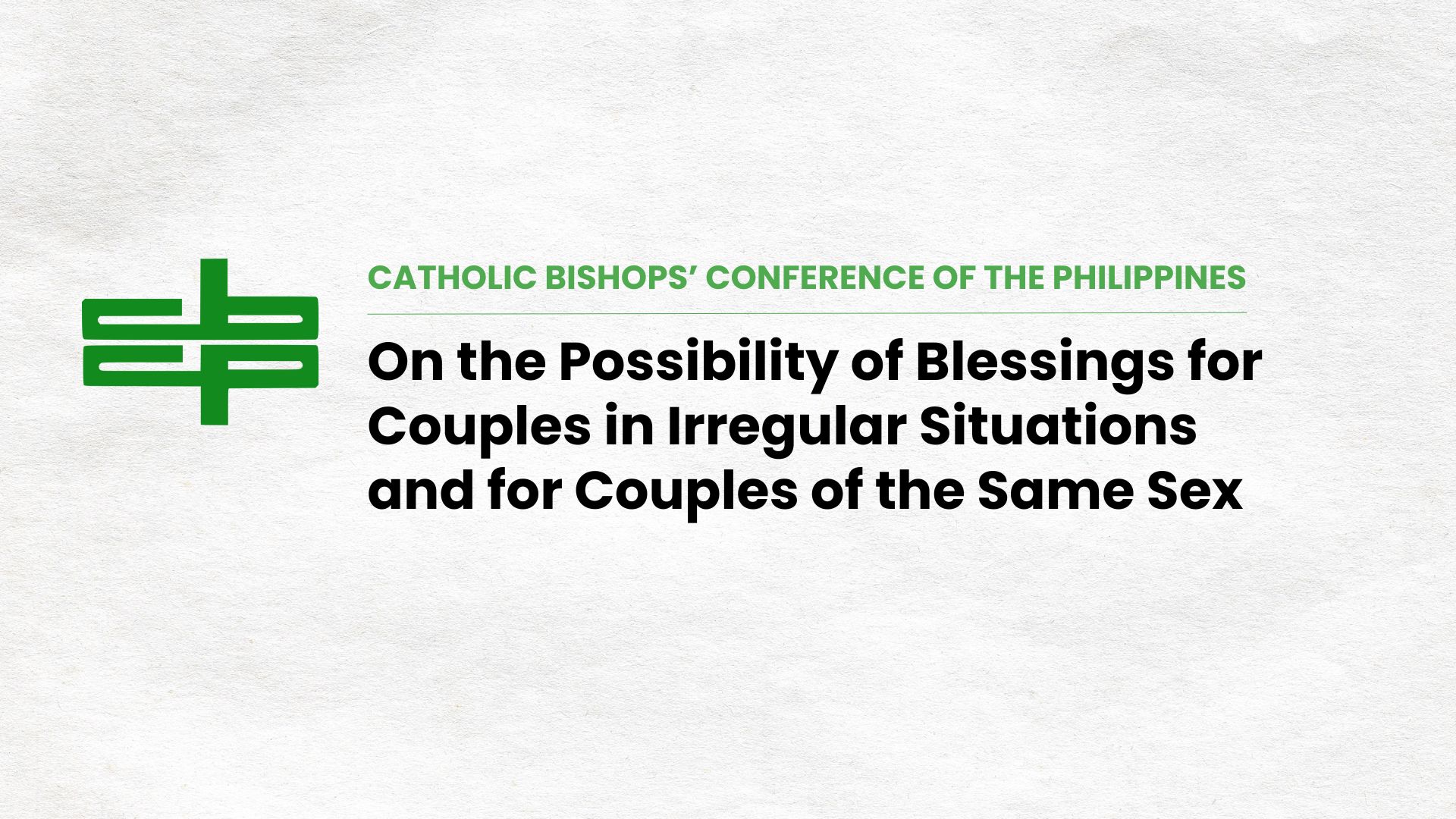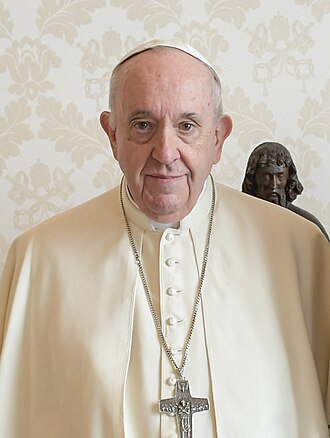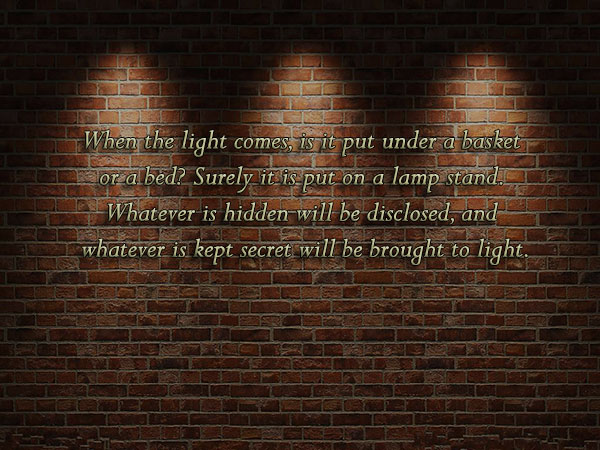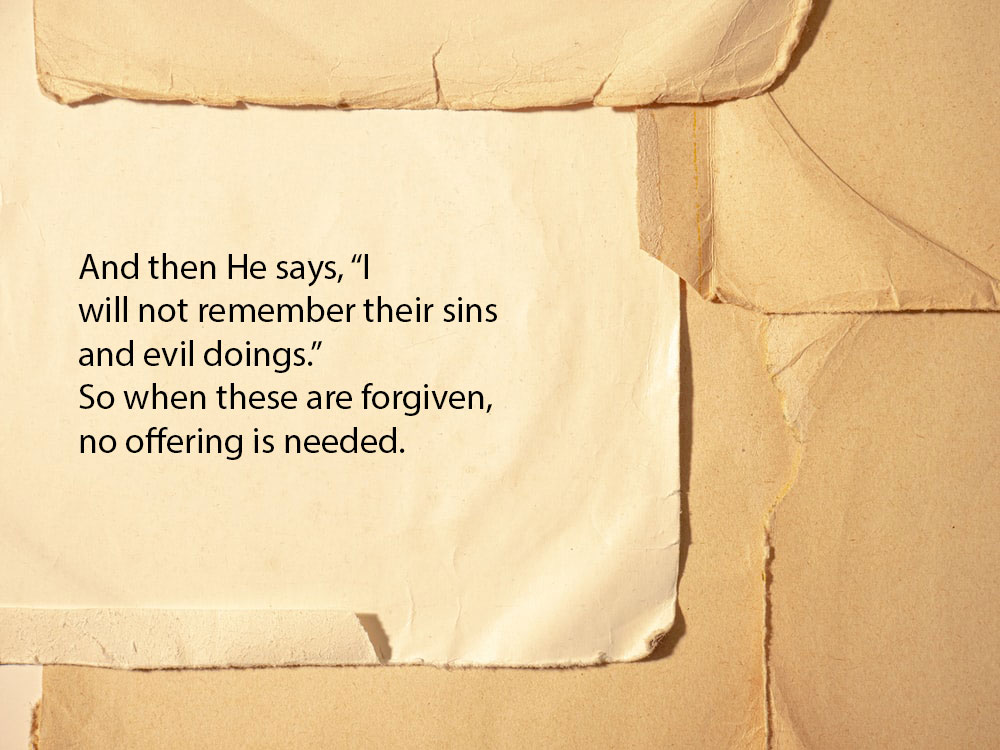REFLECTIONS
UNIVERSAL INTENTION
Care for Creation. That we may take good care of creation–a gift freely given–cultivating and protecting it for future generations.
Life is a gift. Our very existence is a gift. We did not create ourselves nor are we chance products of blind forces of nature. And we are not God.
That may seem obvious, but from the beginning of human history, people have tried to be God. We see that even today in the way human beings use creation in ways that are contrary to God’s will. According to Genesis 2: 15, humanity was created to work with God, “to cultivate and care for” the earth. Pope Francis wrote in his encyclical Laudato Si: “Once we lose our humility and become enthralled with the possibility of limitless mastery over everything, we inevitably end up harming society and the environment. It is not easy to promote this kind of healthy humility when we exclude God from our lives or replace him with our own ego and think that our subjective feelings can define what is right and what is wrong.”
This month we begin Lent, a time of conversion. Let’s consider how we can
be humble stewards and not exploiters of creation. As a start, Pope Francis proposes we simply “stop and give thanks to God before and after meals.” Doing so “reminds us of our dependence on God for life; it strengthens our feeling of gratitude for the gifts of creation; it acknowledges those who by their labors provide us with these goods; and it reaffirms our solidarity with those in greatest need.”
Reflection
How do I experience creation as a gift that God has given me?
Scripture
Psalm 148 Praise the Lord from the heavens and from the earth!
EVANGELIZATION INTENTION
Asia. That opportunities may increase for dialogue and encounter between the Christian faith and the peoples of Asia.
Early last year Pope Francis visited the Asian country of Sri Lanka where four major religions coexist: Buddhism, Hinduism, Islam, and Christianity. Unfortunately ethnic and religious differences there have led to bloody conflicts. Meeting with representatives of these religions, the Pope said: “For the sake of peace, religious beliefs must never be allowed to be abused in the cause of violence and war. We must be clear and unequivocal in challenging our communities to live fully the tenets of peace and coexistence found in each religion, and to denounce acts of violence when they are committed.”
All people are made in the image and likeness of God. God created everyone for eternal life—to be with God in the heavenly communion of saints. God desires this so much that he sent Jesus to shed his precious blood for the salvation of all. Thus all people are to be shown respect.In his speech, Pope Francis spoke of the importance of “dialogue, which is essential if we are to know, understand, and respect one another.” True dialogue requires honesty: “for such dialogue and encounter to be effective, it must be grounded in a full and forthright presentation of our respective convictions. Certainly, such dialogue will accentuate how varied our beliefs, traditions and practices are. But if we are honest in presenting our convictions, we will be able to see more clearly what we hold in common. New avenues will be opened for mutual esteem, cooperation, and indeed friendship.”
In true dialogue with non-Christians, we Christians need to listen respectfully, find common ground, and then in our turn to share the Gospel, in hopes that the Holy Spirit will open hearts to Jesus. We pray this month that opportunities for such sharing may increase in Asia, where Christians are in the minority.
Reflection
From your experience, what are some of the things that we Christians hold in common with non-Christians?
Scripture
1 Timothy 2: 1-7 God our savior wills everyone to be saved and to come to the knowledge of the truth.
Post Credit: Apostleship of Prayer











